Traditionally, an SEO specialist’s primary goal was to increase rank in the SERP (search engine results page) and drive traffic. Often times, these were numbers-driven strategies that tried to keep up with the constantly changing rules of Google’s many algorithms. But the fundamental flaw in this approach is that when practicing SEO, you can’t just focus on metrics alone, you have to put significant effort in engaging customers and delivering conversions. A high-ranking search result that doesn’t engage will offer no value to users.
Tactics solely driven by the fact that it will increase rank in the SERPs are doomed to fail because your SEO is not solely dependent on position. SEO done by your competitors, which is out of our control, can also affect your position as well as Google’s ever-changing algorithms for ranking. Even if you can overcome these things and still rank high, not actively engaging customers will keep your sales stagnant.
Content marketing is a common and extremely useful tactic in SEO – if you know how to use it. SEO specialists love creating links on third party sites that link back to your site, but not all “backlinks” are created equally. Creating tons of articles with backlinks to your site, articles that are then placed in blogs and websites that were only created for SEO anyway, is unfortunately a common but warped way of doing SEO.
Those articles and sites are created more for algorithms not human beings. The content is poorly written, too short, and holds little to no value for someone looking to make a purchasing decision. These articles don’t lead to conversion, they may even repel it since the subpar quality could do harm to your brand.
Be wary of the “get rich quick” schemes of SEO, strategies that temporarily boost your ranking but ultimately don’t improve sales. Successful SEO uses strategies that put the focus on things like quality content rather than keywords alone, sites with thoughtful stories and discussions rather than bulk posts. Redefine your goals for SEO and you will have a stronger campaign that can weather those frequent search algorithm updates. It’s a marathon not a sprint.








